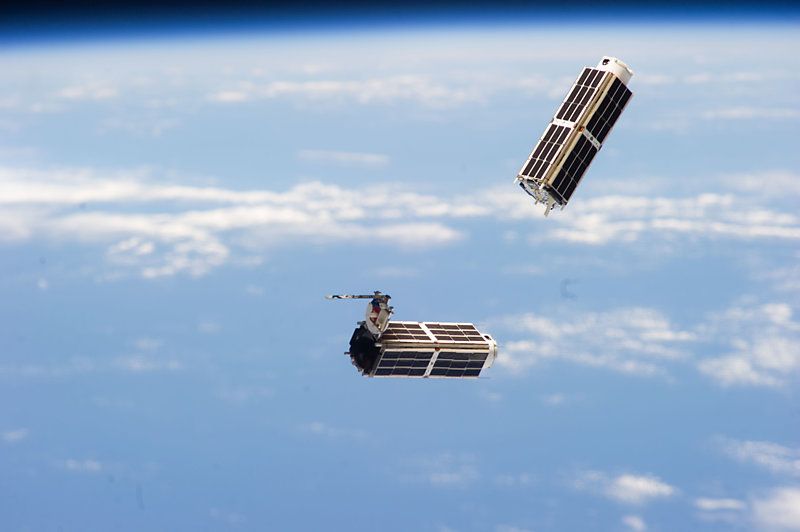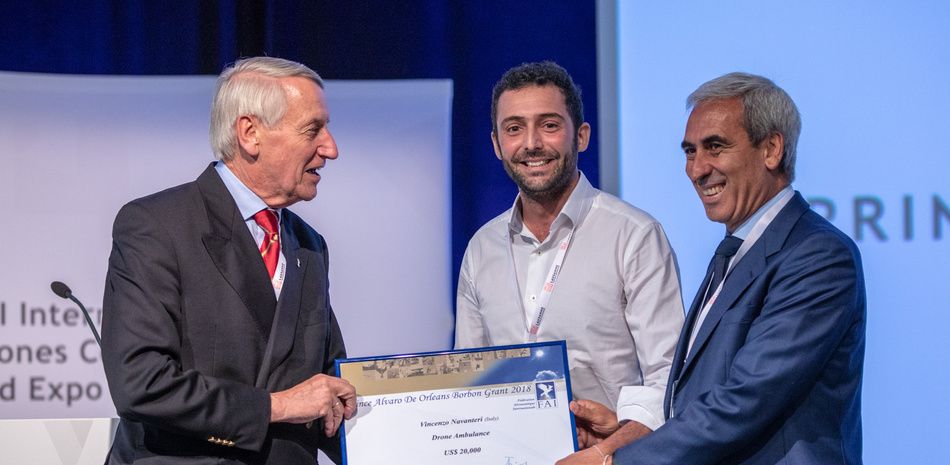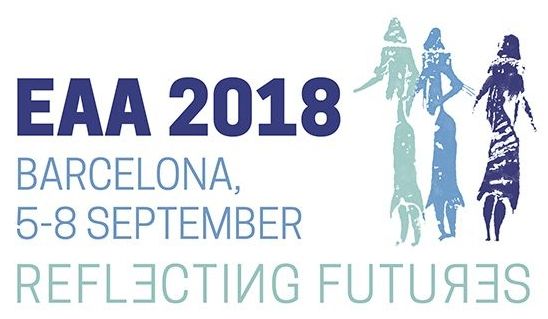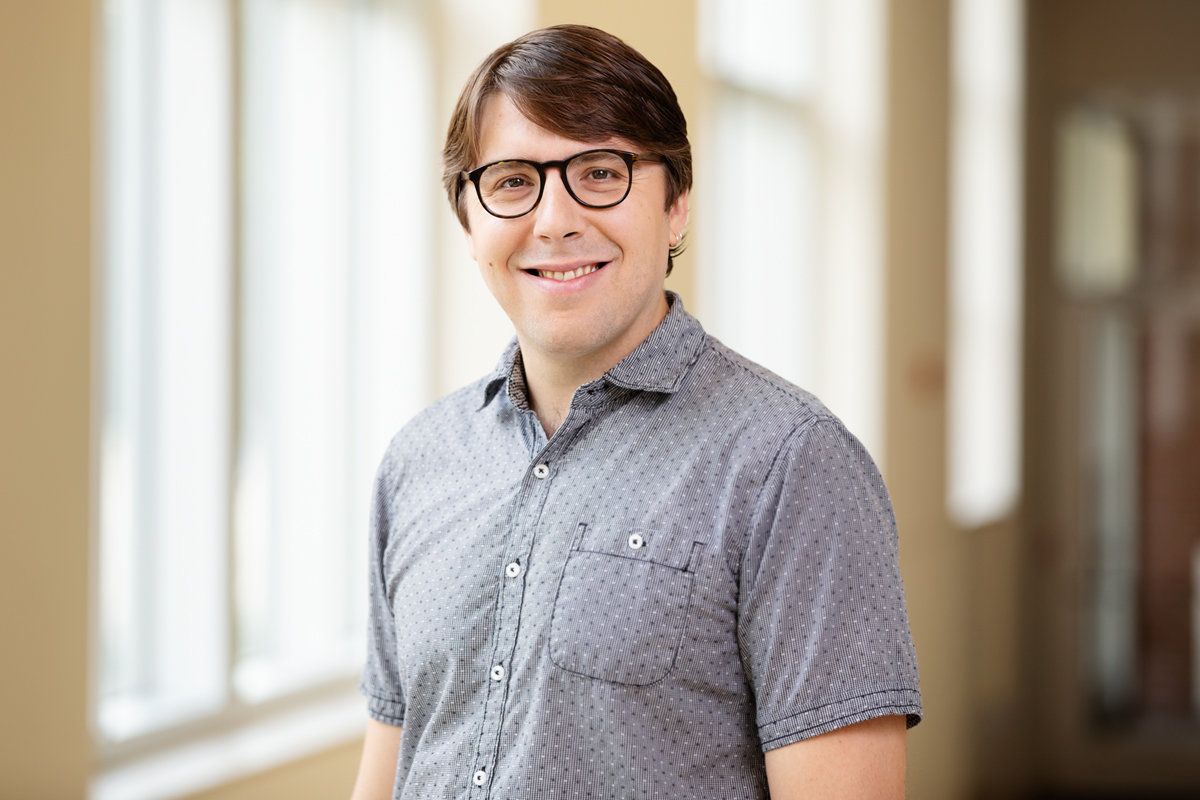Page 8568
The free market Adam Smith Institute says we could be on the cusp of a revolution.
When I wrote that 41% of land in the contiguous United States is used to feed livestock, I thought it was a pretty high number. According to a new report from the free market-leaning Adam Smith Institute, however, the UK has us beat on that front:
Apparently a full 85% of the UK’s land footprint is associated with animal product production.
Sep 4, 2018
How Self-Driving Supergroup Aurora Plans to Make Robocars Real
Posted by Genevieve Klien in categories: robotics/AI, transportation
One of the most respected—and quietest—teams in the race for autonomy reveals its approach to a problem that’s much harder than everybody hoped.
Sep 4, 2018
Ready for lift-off: first international guidelines for small spacecraft just published
Posted by Chiara Chiesa in categories: futurism, satellites
Space is all the rage, so it seems. The number of small spacecraft – including satellites – being manufactured has rocketed in recent years, and future forecasts are equally explosive. The first-ever internationally agreed requirements have just been published, enabling the industry to cruise even higher.
The small satellites industry is taking off. According to a recent report by SpaceWorks1), an aerospace company focused on delivering cutting-edge flight and space technologies, 2017 showed a 205 % increase in small satellite launches compared to 2016, with a record number still awaiting launch. What’s more, forecasts for future spacecraft production, often by new entrants to the industry, look equally celestial.
But producing these spacecraft involves some very specific requirements that newcomers to the market may not be aware of. To help harmonize the sector, ISO has just published the first-ever international technical specification for small spacecraft, which states the minimum requirements that every small spacecraft needs to comply with regardless of its mission.
Sep 4, 2018
Misinterpretation of Climate Data Comes Down to Political Loyalty
Posted by Bill Kemp in category: climatology
Sep 4, 2018
DNA Replication Can Happen Without ORC1
Posted by Nicola Bagalà in category: biotech/medical
The ORC1 gene might not be as indispensable as previously thought in DNA replication.
According to a study conducted by Hollings Cancer Center scientists at the Medical University of South Carolina, DNA replication in murine cells is possible even in the absence of origin recognition complex 1 (ORC1), a protein encoded by the homonymous gene that was previously thought to be indispensable [1].
Study abstract
Continue reading “DNA Replication Can Happen Without ORC1” »
Sep 4, 2018
Prestigious $20,000 prize awarded to futuristic ‘drone ambulance’
Posted by Klaus Baldauf in categories: business, drones
A prestigious $20,000 prize has been won by the designer of a futuristic ‘drone ambulance’. Vincenzo Navanteri, 34, from Italy was awarded the Prince Alvaro de Orleans-Borbon Grant, worth $20,000, at the 2nd FAI International Drones Conference and Expo held in Lausanne on 1 September 2018.
He won the grant to help him and his team develop their idea of a self-piloting drone ambulance that could carry a single person for up to 150km at 110km/h.
Collecting the award Navanteri, said: “It is a pleasure to receive this grant, and to use it for development. As a company it is what we need. And, more than my own business, it will support the general development of this type of technology.”
Continue reading “Prestigious $20,000 prize awarded to futuristic ‘drone ambulance’” »
Sep 4, 2018
Human, Posthuman, Transhuman Digital Archaeologies…in the flesh!
Posted by Steve Nichols in category: transhumanism
https://paper.li/e-1437691924#/
EAA 2018 is upon us and we have an absolutely incredible line-up of papers for our session, Human, Posthuman, Transhuman Digital Archaeologies. We’ve decided to pre-circulate the papers amongst ourselves (and a few more publicly) and provide 5 minutes of presentation followed by 10 minutes of discussion. This was a bit of a compromise to stay on time, but still leave as much time as possible to discuss the ideas, as we are expecting to publish the session in the EJA. So, here’s the sesh:
Friday 7 September, 14:00 – 18:30, UB220.
Continue reading “Human, Posthuman, Transhuman Digital Archaeologies…in the flesh!” »
Sep 4, 2018
Cable cars could ease Australian traffic woes
Posted by Bill Kemp in categories: habitats, space travel
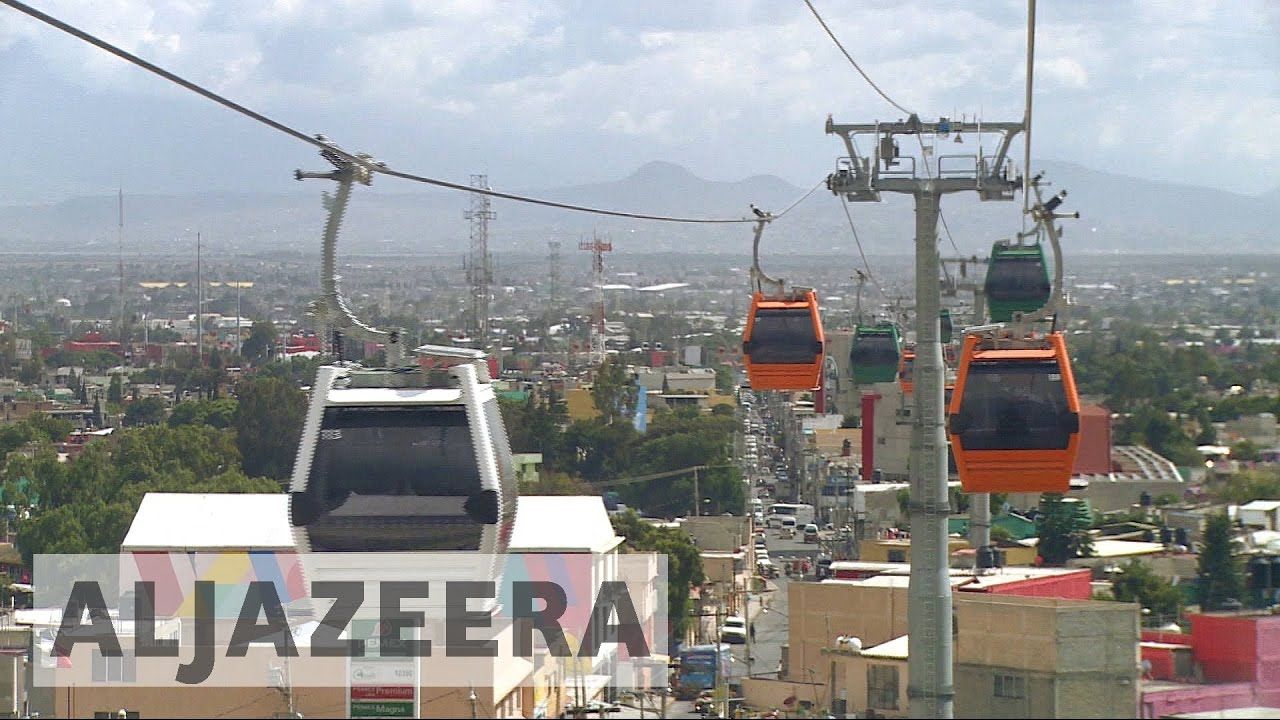
Sections of cities all over the world are being demolished to meet increasing demand for transport infrastructure. The process of building new roads, harbour crossings, metro systems and light rail lines seems unending. Large-scale construction includes loss of public space, housing and backyards.
Historic suburbs, such as Sydney’s Haberfield, have suffered. And then there’s the issue of cost blow-outs and traffic gridlock. There are rumblings, too, about environmental impacts and equity of access. But there is actually one public transport option that can mitigate many of these concerns: cable cars.
Continue reading “Cable cars could ease Australian traffic woes” »
Sep 4, 2018
Denver’s inequities in park access traced to segregation, funding policies
Posted by Bill Kemp in category: education
Current inequities in access to Denver’s parks that are found among the city’s minorities and low-income residents are the legacy of exclusionary local and state zoning codes, and funding policies that favored investment in wealthy neighborhoods, a new study found.
Although these disparities have declined over time, these improvements were driven primarily by gentrification, with ethnic minorities’ relocating into suburban areas with greater park acreage as whites returned to the urban core, rather than city officials’ efforts to promote equity, said lead author Alessandro Rigolon, a professor of recreation, sport and tourism at the University of Illinois.
To determine why Denver parks don’t adequately serve all city residents, Rigolon and co-author Jeremy Nemeth of the University of Colorado conducted a comprehensive case study of the city’s practices for establishing and funding its urban parks from 1902, when both the city and county of Denver were founded, through 2015. Their study appears in the Journal of Education Planning and Research.
Continue reading “Denver’s inequities in park access traced to segregation, funding policies” »



